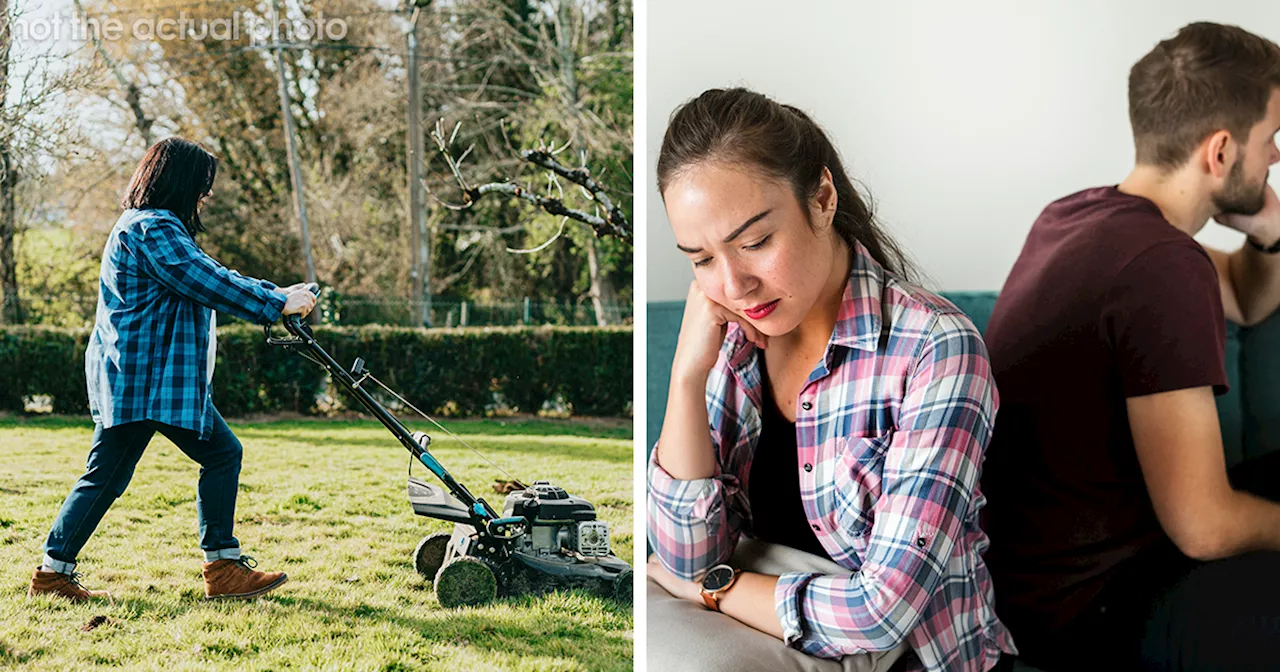This article discusses the importance of finding an equitable balance in household chores and explores the benefits of authoritative parenting.
That means splitting the housework in a way that works for you. For example, someone might take on a few more responsibilities if they work from home or have more flexibility with their schedule. Or the primary breadwinner, who usually works long hours, pitches in more with the housework regardless of being tired, to show their appreciation for their partner and that they’re still a team. Essentially, you have to do what actually works for you, not what your friends or the internet say is best.
There are various different parenting styles, philosophies, and techniques. Parenting is one of those things where it feels like everyone has an opinion about how things should work. But broadly speaking, authoritative parenting, one of four main parenting styles, proposes the best balance between setting high demands for your kids while also being very responsive as a parent.transparency and support very much. They set out very clear rules for their children (including about chores and other responsibilities), but they’re also very open, communicative, and warm. Kids raised this way tend to grow into very independent, confident, well-adjusted, and socially competent adults. On the flip side, authoritarian, permissive, and uninvolved parents miss the mark. For instance, authoritarians have very strict rules at home, but they don’t communicate as openly, so their kids tend to be anxious and generally lack initiative. On the other side of the scale, permissive parents set very few rules and indulge their kids far too much, leading to issues with impulsiveness and boundaries. Meanwhile, uninvolved parents are, well, uninvolved in their children’s lives, whether due to time constraints or serious personal issues.So, a good rule of thumb is to get your children involved in all the housework so they develop the right habits later on in life and avoid being overly entitle
HOUSEWORK PARENTING AUTHORITATIVE PARENTING FAMILY LIFE CHILD DEVELOPMENT
Canada Latest News, Canada Headlines
Similar News:You can also read news stories similar to this one that we have collected from other news sources.
 Finding Balance: Housework and ParentingThis article explores how to effectively divide household chores and provides insights into the authoritative parenting style, highlighting its benefits and contrasting it with other parenting approaches.
Finding Balance: Housework and ParentingThis article explores how to effectively divide household chores and provides insights into the authoritative parenting style, highlighting its benefits and contrasting it with other parenting approaches.
Read more »
 Finding Balance: Household Chores and Parenting StylesThis article explores the importance of finding a balance in household chores and parenting. It offers practical advice on dividing chores fairly and highlights the benefits of authoritative parenting.
Finding Balance: Household Chores and Parenting StylesThis article explores the importance of finding a balance in household chores and parenting. It offers practical advice on dividing chores fairly and highlights the benefits of authoritative parenting.
Read more »
 Commemorating Pets in Home Decor: Finding Balance Between Sentimentality and StyleThis article explores different ways to respectfully honor deceased pets while maintaining a harmonious and personalized home decor aesthetic. It highlights the importance of communication and compromise between couples when incorporating sentimental items.
Commemorating Pets in Home Decor: Finding Balance Between Sentimentality and StyleThis article explores different ways to respectfully honor deceased pets while maintaining a harmonious and personalized home decor aesthetic. It highlights the importance of communication and compromise between couples when incorporating sentimental items.
Read more »
 Finding Balance: Commemorating Pets While Designing Shared SpacesThis article explores the delicate balance between honoring cherished memories and creating a harmonious home environment when couples have differing opinions on pet tributes in their décor. It emphasizes the importance of communication, compromise, and alternative ways to commemorate beloved pets without overwhelming the shared space.
Finding Balance: Commemorating Pets While Designing Shared SpacesThis article explores the delicate balance between honoring cherished memories and creating a harmonious home environment when couples have differing opinions on pet tributes in their décor. It emphasizes the importance of communication, compromise, and alternative ways to commemorate beloved pets without overwhelming the shared space.
Read more »
 Decorating With Pet Mementos: Finding Balance Between Grief and StyleThis article explores the delicate balance between honoring a deceased pet through home decor and maintaining personal style preferences. It highlights the importance of communication and compromise in shared living spaces.
Decorating With Pet Mementos: Finding Balance Between Grief and StyleThis article explores the delicate balance between honoring a deceased pet through home decor and maintaining personal style preferences. It highlights the importance of communication and compromise in shared living spaces.
Read more »
 Mental Health and Custody Battles: Finding a BalanceThis article explores the complex issue of mental health and its impact on custody arrangements. It highlights a Redditor's story where a father voluntarily agrees to limited custody due to his mental health concerns, emphasizing the importance of prioritizing the child's well-being. The article also delves into legal perspectives, explaining that a mental health diagnosis alone doesn't automatically result in custody loss, but judges consider the severity of the condition and its potential impact on the parent's ability to care for their child.
Mental Health and Custody Battles: Finding a BalanceThis article explores the complex issue of mental health and its impact on custody arrangements. It highlights a Redditor's story where a father voluntarily agrees to limited custody due to his mental health concerns, emphasizing the importance of prioritizing the child's well-being. The article also delves into legal perspectives, explaining that a mental health diagnosis alone doesn't automatically result in custody loss, but judges consider the severity of the condition and its potential impact on the parent's ability to care for their child.
Read more »
